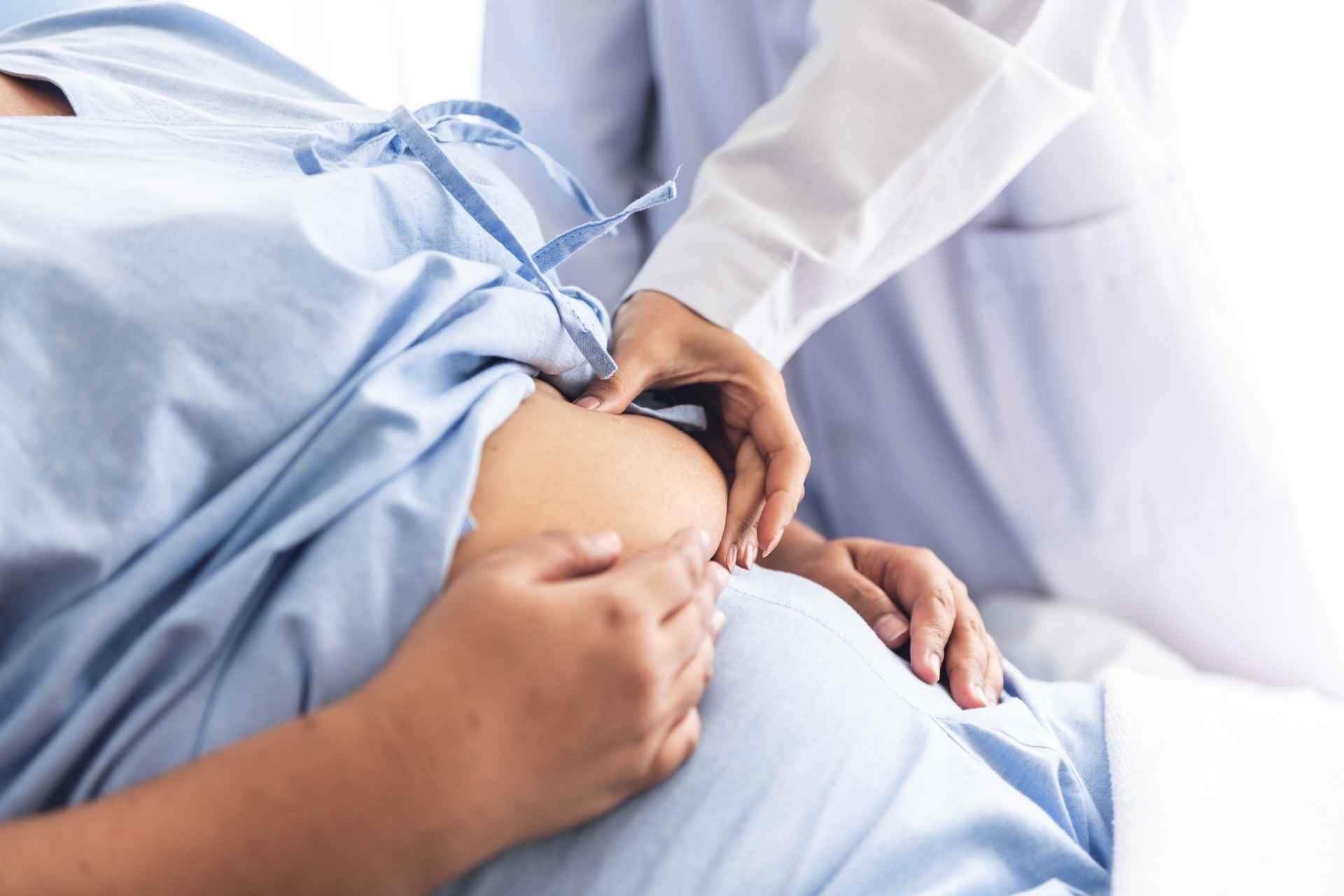What is already known on this topic
Fecal microbiota transplants are becoming a mainstream treatment for some conditions such as bowel infections caused by the bacterium Clostridioides difficile. However, it’s unclear whether and how this procedure affects microbiota composition in people with metabolic syndrome — a cluster of conditions, such as increased blood pressure, high blood sugar and abnormal cholesterol levels, that increase a person’s risk of heart disease, stroke and type 2 diabetes.
What this research adds
Researchers conducted a trial to study whether combining fecal microbiota transplants with lifestyle modifications could enhance the gut colonization of beneficial microbes in people with obesity and type 2 diabetes. Repeating microbiota transplants at fixed intervals led to increased and sustained engraftment of beneficial microbes in both people who had received the microbiota transplant and those who had received the transplant and modified their lifestyle, too. However, combining lifestyle intervention with fecal microbiota transplant led to increased levels of Bifidobacterium and Lactobacillus, as well as reduced cholesterol levels and liver stiffness six months after the procedure.
Conclusions
The findings show that repeated fecal microbiota transplants can improve the gut colonization of beneficial microbes in people with obesity and type 2 diabetes, and that combining microbiota transplants with lifestyle interventions may lead to other favorable changes, including an improvement in cholesterol levels and liver stiffness.
Fecal microbiota transplants are becoming a mainstream treatment for a range of bowel infections illnesses, but it’s unclear whether and how this procedure affects microbiota composition in people with diabetes. Now, a small clinical trial suggests that repeated fecal microbiota transplants can improve the gut colonization of beneficial microbes in people with obesity and type 2 diabetes.
Combining microbiota transplants with lifestyle interventions may lead to other favorable changes, including an improvement in cholesterol levels and liver stiffness. The findings, published in the journal Gut, indicate that fecal microbiota transplants may become a potential therapy for metabolic syndrome.
Studies have suggested that gut microbes are involved in the development of obesity and type 2 diabetes, and diabetic people typically show imbalances in their gut microbiota. Previous research has also suggested that fecal microbiota transplants improve insulin sensitivity and increase gut microbial diversity in people with metabolic syndrome — a cluster of conditions, such as increased blood pressure, high blood sugar, and abnormal cholesterol levels, that increasing a person’s risk of heart disease, stroke and type 2 diabetes.
“Two important questions remain unclear,” the researchers say. “First, it is uncertain whether [fecal microbiota transplantation] can lead to sustainable microbiota engraftment.” Successful microbiota engraftment is necessary for the procedure to be considered as an option for the treatment of obesity and metabolic syndrome.
It is also unclear whether dietary and lifestyle changes can provide additional benefits to people who receive fecal microbiota transplants, thus improving clinical outcomes. To address this question, researchers led by Francis Chan at the Chinese University of Hong Kong Faculty of Medicine investigated the long-term effects of repeated fecal microbiota transplants with or without lifestyle modification on people with obesity and type 2 diabetes.
Lifestyle intervention
The researchers recruited 61 obese individuals with type 2 diabetes and randomly assigned them to three groups: one group received only fecal microbiota transplants, another group received fecal microbiota transplants and a lifestyle intervention, and the third group received mock transplants and a lifestyle intervention.
The transplants were done every four weeks for 12 weeks. Lifestyle intervention consisted in individualized advice on diet, lifestyle and behavior to facilitate weight loss.
Repeating the microbiota transplant at fixed intervals led to increased engraftment of beneficial microbes in both people who had received the microbiota transplant and those who had received the transplant and modified their lifestyle, too. However, while there was no difference in bacterial diversity among the two groups, bacterial richness was increased in people who received fecal microbiota transplants and a lifestyle intervention.
Beneficial effects
All individuals who received fecal microbiota transplants, regardless of their lifestyles, showed a significant increase in Prevotella copri and several butyrate-producing bacteria, including Faecalibacterium prausnitzii and Collinsella tanakaei. Butyrate could reduce the levels of circulating fatty acids, the researchers say.
Combining lifestyle intervention with fecal microbiota transplant led to increased levels of Bifidobacterium and Lactobacillus, as well as reduced cholesterol levels and liver stiffness six months after the procedure.
“Our study has, for the first time, demonstrated that [fecal microbiota transplantation] repeated at scheduled intervals led to increased and sustainable engraftment of microbiota from lean donors in obese recipients with [type 2 diabetes] that persisted for at least 6 months,” the researchers say.











